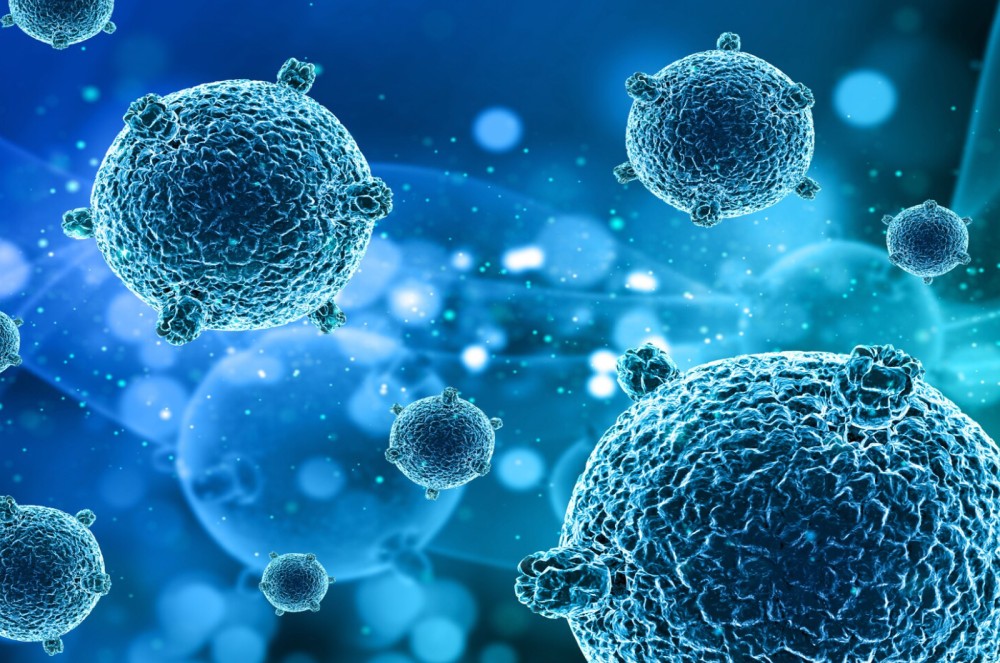If you have ever wondered about the tiny, yet incredibly impactful, messengers in the world of stem cell medicine, then you have come to the right place.
Keep reading as we delve into the fascinating world of exosomes. Let’s start by answering the question: what are exosomes and how do they relate to stem cell activation and medicine?
What are Exosomes?
Let’s begin by answering the cardinal question: what are exosomes?
By definition, exosomes are small vesicles or extracellular vesicles, secreted by various types of cells, including stem cells. Exosomes ensure that our cells work together in harmony, whether for communication, waste management, immune regulation, or tissue repair and regeneration.
Their significance in the field of regenerative medicine, particularly stem cell activation, underscores their importance in supporting the body’s natural healing processes.
Functions of Exosomes
Exosomes have a myriad of functions in the body, playing essential roles in both health and disease. Here are some of key exosomes functions:
Cell-to-Cell Communication
As Dr. Jeffrey Gross explains, a message carried from “cell to cell is delivered to the small, plentiful particles called extracellular…vesicles.” Exosomes facilitate communication between neighboring and distant cells, ensuring that the body’s various systems work in harmony.
Waste Disposal
They are involved in the removal of unnecessary cellular components and waste material, helping to maintain cellular health and function.
Immune Regulation
Exosomes can modulate the immune response by influencing the activation or suppression of immune cells, ensuring a balanced and appropriate reaction to foreign invaders. (They also have a role in helping the body to avoid too much immunity – such as in autoimmune syndromes).
Tissue Repair & Regeneration
In the context of stem cell medicine, stem cell derived exosomes function to help stimulate our cells to repair and regenerate tissue. They are like little project managers, orchestrating the healing process by carrying specific instructions for tissue repair.
Exosomes & Stem Cell Activation
Exosomes and stem cell activation are deeply intertwined. When you consider stem cell medicine, particularly the non-surgical approach of stem cell activation, you are essentially tapping into the incredible potential of exosomes derived from youthful, restorative stem cells.
When stem cell derived exosomes are delivered, they stimulate one’s own stem cells to function more optimally, helping to heal, restore, and regenerate in a more youthful manner. When doing so, a side benefit is that our own cells then releasemore restorative exosomes loaded with growth factors, proteins, and genetic material, echoing the initial delivery to help amplify our beneficial cellular activities. These exosomes function by travelling to the site of injury or damage, initiating the healing process.
Exosomes also travel further in the body than cells, being that they are around 1/1000th the size of the cell, and often referred to as “nanoparticles.”
At ReCELLebrate, we harness the power of these tiny cell-to-cell messengers to help facilitate tissue repair and regeneration without surgical procedures. Through the guidance of Dr. Jeffrey Gross, our founder and expert in regenerative stem cell medicine, we offer a personalized approach that focuses on optimizing your health, well-being, and longevity.
By activating your body’s natural repair mechanisms with the help of stem-cell derived exosomes, we provide a path to help with lasting health and vitality.
Reach out to us and embark on your journey to a healthier, happier life!

